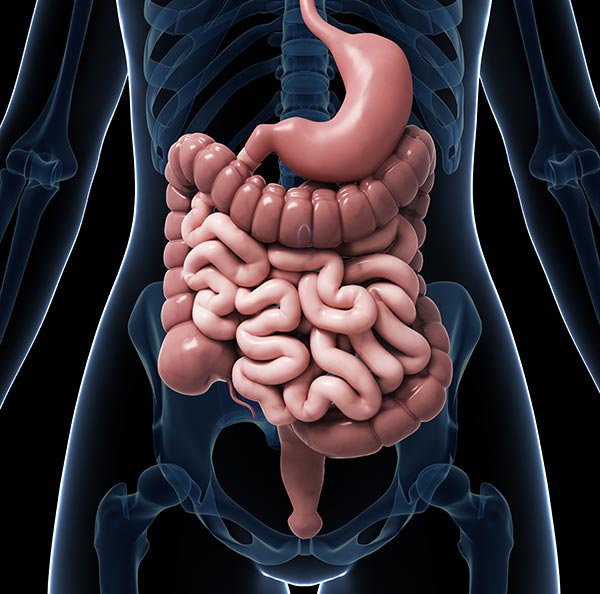Colorectal

Chronic constipation
Difficult, infrequent, or perceived incomplete evacuation of bowel movements. Physical Therapy can help you by:
- Teach you proper toileting techniques such as the addition of a squatty potty, and appropriate use of breath and abdominals to avoid excessive straining to pass a bowel movement.
- Provide pelvic floor muscle training and manual therapy to the pelvic floor muscles to help optimize your pelvic muscle function
- Teach you colon massage to help optimize colon transit time
- Provide dietary guidelines through a bowel and bladder diary with a medical team to identify any food intolerances that could be contributing.
- Promote exercise for management of constipation. Exercise is a great tool to help manage constipation and improves your overall gut health.
- Promote lengthening of the hip flexors in patients who sit all day. Tight psoas muscles can actually have an impact on your bowel health.
- Provide abdominal muscle training if needed. Weak abdominals can interfere with a patient’s ability to pass a bowel movement.
Fecal urgency
Sudden need to have a bowel movement with difficulty holding in stool before getting to a bathroom to void. Physical Therapy can help you by:
- Retrain your anal sphincter muscles to prevent loss of stool when a bowel movement urge is felt, so you have more time to get to the toilet.
- Bowel retraining for patients who tend to pass 2-3 bowel movements in a small period of time to retrain patients to have one larger bowel movement. This way they don’t feel the need to be near a toilet all the time.
- Provide dietary guidelines through a bowel and bladder diary with a medical team to identify any food intolerances that could be contributing.
Levator ani syndrome
Episodic rectal pain caused by spasm of the levator ani muscle. Physical Therapy can help by:
- Provide manual therapy to the pelvic floor muscles to decrease spasm
- Teach appropriate exercises to downtrain overactive pelvic floor muscles
- Determine if any outside factors such as hip, back, or coccyx pain could be contributing
- Help manage chronic constipation as part of a medical team to prevent excessive straining through the pelvic floor muscles.
Dyssynergic defecation
When attempting a bowel movement, the rectal pelvic floor muscles contract instead of lengthen appropriately. Physical Therapy can help you by:
- Teach you proper toileting techniques such as the addition of a squatty potty, and appropriate use of breath and abdominals to avoid excessive straining to pass a bowel movement.
- Retrain your rectal pelvic floor muscles to lengthen and bare down appropriately through various techniques such as manual cues, proper toileting education, and biofeedback devices.
- Address any contributing factors such as back pain or chronic stress that would cause excessive tightening of rectal pelvic floor muscles.
Rectocele
When the end of the large intestine (rectum) pushes through the back wall of the vagina. Symptoms include a soft bulge of tissue in the vagina that may or may not protrude through the vaginal opening. It may also cause difficulty with having a bowel movement. Physical therapy can help you by:
- Teach you how to manage intra-abdominal pressure throughout the day to avoid worsening of your rectocele
- Teach you proper toileting techniques such as the addition of a squatty potty, and appropriate use of breath and abdominals to avoid excessive straining to pass a bowel movement. Excessive straining can have a negative impact on any type of pelvic organ prolapse.
- Provide pelvic floor muscle training to help optimize your pelvic muscle function to support your rectocele.
- Return you to safe forms of exercise to help manage your overall health and well being without aggravating your rectocele.
- Teach you proper breathing patterns with activities of daily living. This can commonly be overlooked, but if you hold your breath every time you lift something like your child you are putting increased pressure through your pelvic floor muscles.
Fecal incontinence
Loss of stools beyond one’s control. Physical Therapy can help by:
- Pelvic floor muscle retraining to optimize your ability to prevent loss of stool.
- Bowel retraining to help normalize time between bowel movements that is unique to each individual.
- Provide dietary guidelines through a bowel and bladder diary with a medical team to identify any food intolerances that could be contributing.
- Retrain your anal sphincter muscles to prevent loss of stool when a bowel movement urge is felt, so you have more time to get to the toilet.
Pre and Post Surgical Rehab:
Physical therapy can optimize your pelvic floor health and muscle function to prevent re-occurrence of the original problem post surgery and also help optimize patient outcomes post surgery through pre surgical rehab. It can also address any persistent post surgical pain past normal healing time. Post surgery physical therapy can:
- Optimize pelvic floor health and muscle function that may be abnormal and caused the injury in the first place. In the example of a rectal prolapse, often the prolapse occurs when you have weak pelvic floor muscles, uncoordinated pelvic floor muscles, or excessively strain to pass a bowel movement. If you don’t fix the reason why you had the prolapse in the first place post surgical outcomes may not be as optimal.
- Teach proper toileting habits to prevent excessive straining on the pelvic floor muscles and pelvic organs
- Help normalize bowel movements through advisement of proper fluid intake and diet, exercise, and collaboration with other health care providers such as MDs as a vital part of the medical team
Colorectal surgeries that we have experience in helping patients rehabilitate appropriately include:
- Hemorrhoidectomy
- Bowel resection
- Rectopexy
- Rectocele Repair

